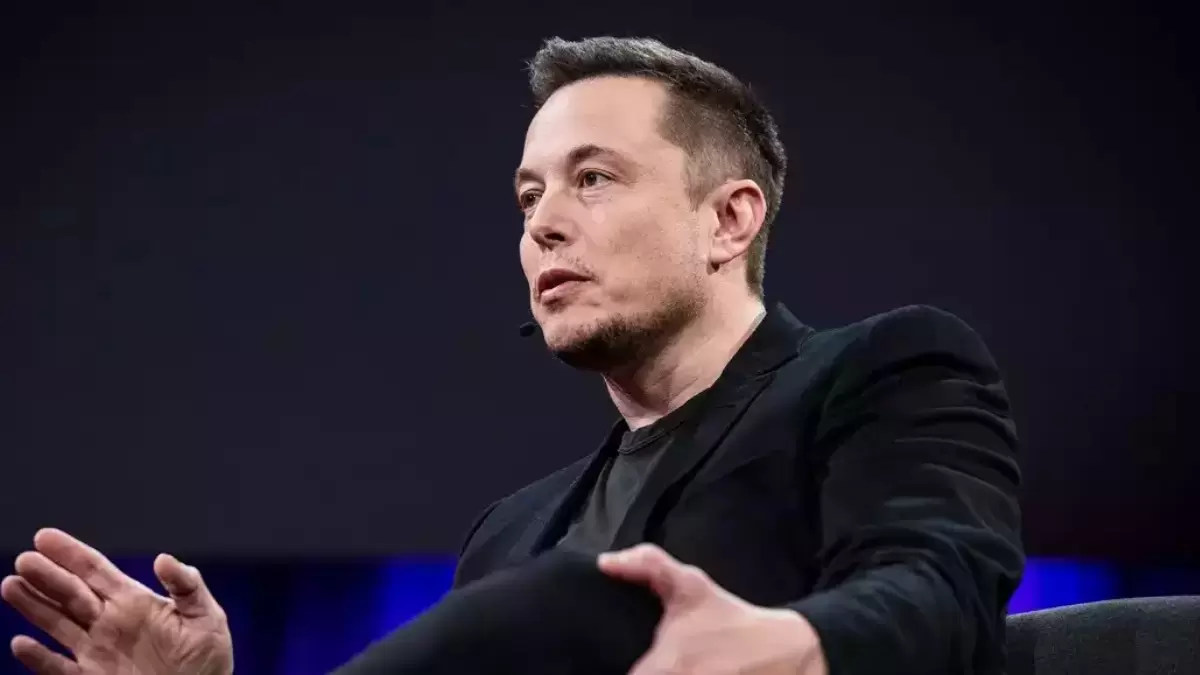New Delhi: Elon Musk set off public discussions after discussing his views about extensive work schedules. Through his X (formerly Twitter) platform Musk introduced the concept of a Department of Government Efficiency (DOGE) where employees labor 120 hours per week. The acquired hours equal 17 daily working periods for the entire duration of the week.
In his statement Elon Musk expresses his belief that working 40 hours does not provide sufficient results. According to Musk employees in his hypothetical DOGE work such long hours that they resemble private industry workers while he asserts that increased work duration leads to enhanced operational performance. Two notable industry leaders including Infosys founder Narayana Murthy and Larsen & Toubro chairman SN Subrahmanyan join Elon Musk by advocating longer working hours.
Why people are pushing back?
Numerous people disagreed with the perspective Musk presented through his statements. The social media community rapidly recognized the adverse health aspects that result from overlong work shifts. A question emerged about the legality of these extended working hours because unauthorized overtime exists as a significant problem in government employment. People claim having excessive work schedules results in burnout because it reduces available time devoted to families and personal wellness and rest.
Critics highlighted that demanding more work from employees tends to produce conditions of minimal wage compensation alongside excessive workload assignments. Technology companies particularly drive staff members to excessive work beyond productivity goals through dubious policies that ultimately result in elevated stress alongside employment instability.
The double standard?
The statements from Musk inspired several individuals to make witty statements. People have observed that despite his emphasis on lengthy work hours he engages in activities such as video gaming and spends time on social media. His advice has come under question because it seems he does not practice it but requires it of others.
A large number of employees think that when Musk fails to adopt his own rigid working practice he undermines his position. Workers should not give up their personal time since their leader does not demonstrate similar dedication to work ethics.
The bigger conversation about work culture
The latest statements from Musk have caused people to reengage with the discussion surrounding work-life equilibrium. Multiple workplace experts maintain that decreasing worktime alongside giving staff greater scheduling choices delivers simultaneous benefits to productivity levels and employee satisfaction. Efforts to implement four-day work weeks in certain companies generated positive results through increased staff efficiency together with improved employee morale.
Those who choose to work extended hours think additional time brings about better completion rates. Studies now show that excessive work timezone results in decreasing productivity rates therefore workers produce less after reaching a specific point.
Public criticism arises against Musk’s work-hour perspectives due to their radical nature even though they represent his final stance on workplace duration. Employees remain actively engaged in talks about work-life equilibrium although multiple staff members strongly oppose the misconception that longer work spans always generate superior results.





